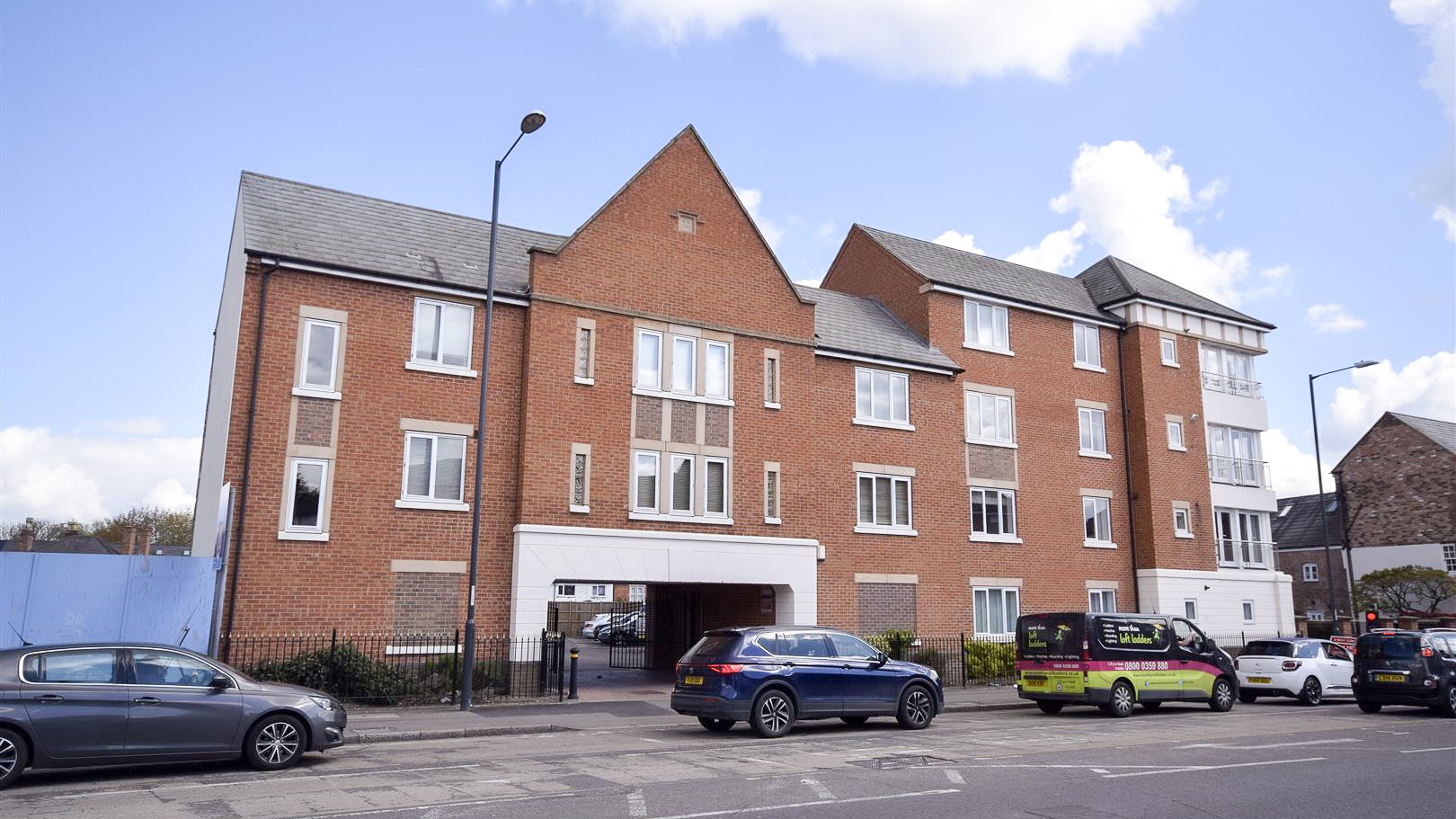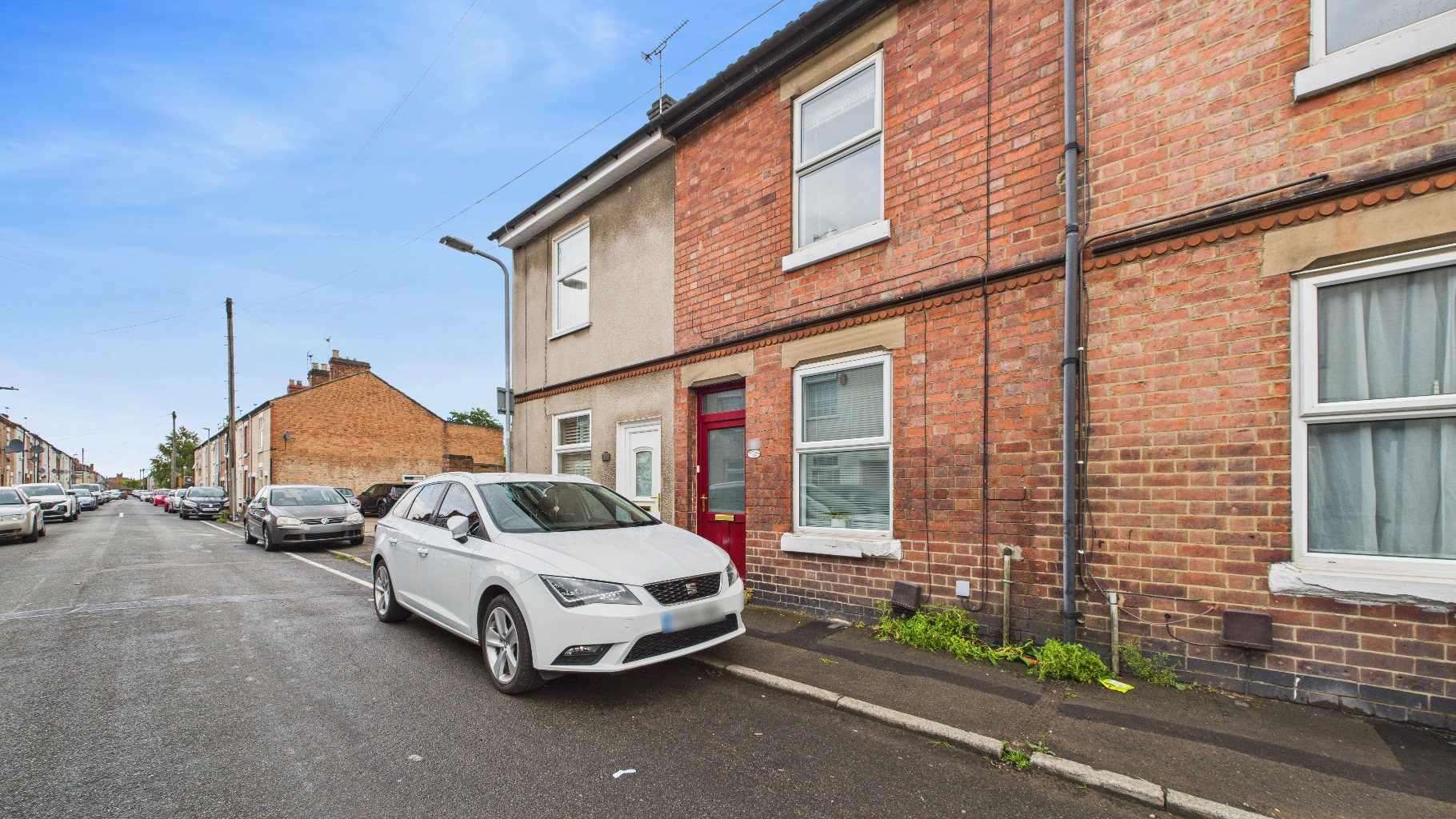
What is the Difference Between Rent Guarantee Insurance and a Rent Guarantor?
'Rent Guarantee Insurance' and a 'Rent Guarantor' may sound alike, but they’re not the same and it is important to understand the difference. One is a landlord’s financial safety net, the other a person backing a tenant’s rent. Here’s what each means - and why understanding the difference matters for both landlords and tenants.
When it comes to renting, two terms often cause confusion: rent guarantee insurance and a rent guarantor. They sound similar, but they’re very different in how they work, who they protect, and when they’re used.
For landlords, knowing the distinction can mean the difference between peace of mind and unexpected financial loss. For tenants, it can be the key to securing a home. Let’s break it down.
What is Rent Guarantee Insurance?
Rent Guarantee Insurance (sometimes called Rent Protection Insurance) is a policy that landlords can purchase to protect themselves if a tenant falls behind on rent.
How it works: If the tenant doesn’t pay, the landlord can make a claim and recover the missed rent.
What’s covered: Most policies also include legal expenses, helping with the cost of pursuing possession through the courts.
Why it matters: It gives landlords a financial safety net, reducing the risk of relying solely on tenant income.
Example: Imagine a tenant suddenly loses their job and can’t pay rent for three months. Without insurance, the landlord might be thousands out of pocket, plus legal fees. With insurance, the landlord’s income continues and they can cover legal action if needed.
What is a Rent Guarantor?
A Rent Guarantor is a person, not a policy. Usually a parent, relative, or close friend, they agree—via a legal contract—to pay the rent if the tenant doesn’t.
Why it’s needed: Landlords may request a guarantor if a tenant has a low income, limited credit history, or is renting for the first time.
How it works: If the tenant falls behind, the guarantor is legally responsible for covering the arrears.
For tenants: Having a guarantor can make the difference between being accepted for a property or not.
Example: A university student may not earn enough to cover rent on their own. By providing a parent as guarantor, the landlord gains reassurance and is more likely to approve the tenancy.
Key Differences Between the Two
Although both offer reassurance, the mechanisms are very different. Here’s how they compare:
Nature: Insurance = a purchased policy. Guarantor = a person.
Who benefits most: Insurance protects the landlord’s finances. A guarantor reassures landlords while helping tenants secure a property.
When used: Insurance is optional, giving landlords ongoing protection. A guarantor is often required upfront before a tenancy starts.
Payment process: Insurance pays the landlord via a claim. A guarantor pays the landlord directly if the tenant defaults.
Can You Have Both?
Yes - and in fact, many landlords prefer it!
A guarantor provides added confidence at the start of the tenancy, especially if the tenant’s background raises affordability concerns.
Insurance provides ongoing security throughout the tenancy, regardless of circumstances. Together, they create a double layer of protection: one person and one policy both backing the rental payments.
Why Understanding the Difference Matters
For landlords: Knowing the difference helps you choose the right safeguards for your rental income.
For tenants: It avoids confusion. Being asked for a guarantor is about proving affordability—it doesn’t mean you’re being asked to buy insurance.
The takeaway? A guarantor is about who pays if rent isn’t, while rent guarantee insurance is about what pays. One reassures landlords about the tenant; the other protects landlords financially if things go wrong.
✨ At Cope & Co., we help landlords cut through the jargon and secure the right protection for their lettings. Whether it’s guidance on guarantors or advice on insurance, we’re here to keep your rental journey simple, compliant, and stress-free.
Frequently Asked Questions
Can a tenant buy rent guarantee insurance?
No. Rent Guarantee Insurance is purchased by the landlord (or their agent on their behalf). It’s designed to protect the landlord’s income, not the tenant’s finances.
Does a guarantor have to be a homeowner?
Not always, but many landlords and agents prefer it. Being a homeowner suggests financial stability and makes it easier for landlords to take legal action if needed.
What if a guarantor refuses to pay?
If the guarantor signed a guarantor agreement, they are legally bound to cover the rent. If they refuse, landlords can pursue them through the courts.
Is rent guarantee insurance expensive?
Costs vary, but most policies are a fraction of monthly rent. It can be compared to the weekly cost of a pint of beer or even a posh coffee! Landlords often see it as a small price to pay for peace of mind and legal protection.
Can a landlord have both a guarantor and insurance?
Yes - and it’s often a smart move. A guarantor adds reassurance about a tenant’s application, while insurance protects against wider risks like job loss or unexpected arrears.
What happens if the tenant pays late but eventually catches up?
If the tenant falls behind, the landlord can make a claim on the insurance (depending on policy terms). With a guarantor, the landlord may pursue them for payment as soon as arrears build up.
Bottom Line:
A guarantor is a person who agrees to pay. Rent Guarantee Insurance is a policy that pays out. Both can coexist, but they serve different purposes for landlords and tenants alike.
If you would like more information or a chat about this blog, please contact me!











